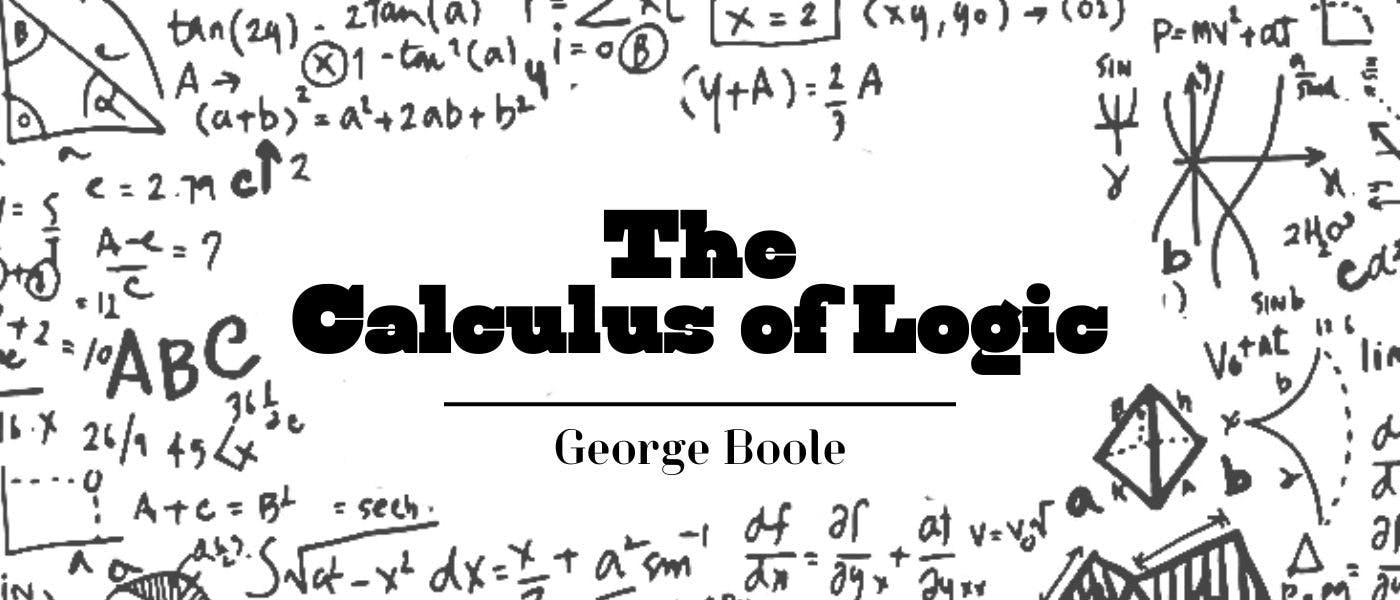On Syllogism.
by
October 31st, 2023
Audio Presented by

George Boole: Self-taught English mathematician and first math professor at Queen's College, Cork.
About Author
George Boole: Self-taught English mathematician and first math professor at Queen's College, Cork.
